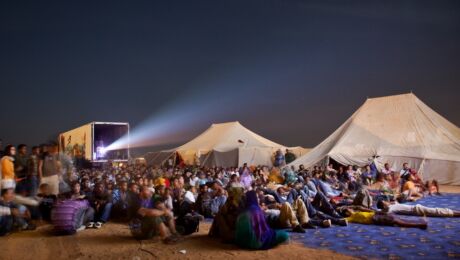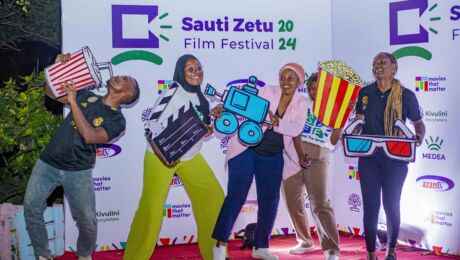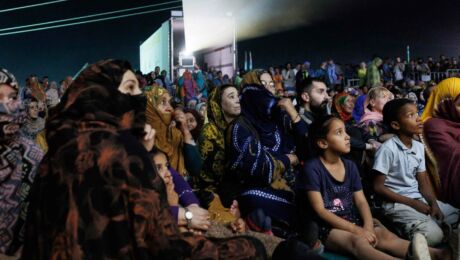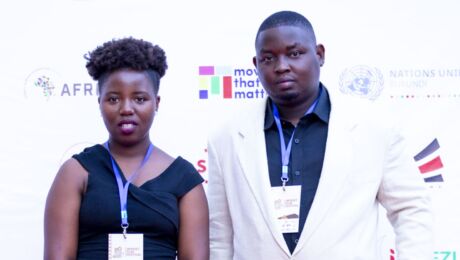Tips from Our Grantees: Build Your Festival Dream Team
What’s the one piece of advice you’d share with someone organising a human rights film festival? We posed this question to our past grantees: experienced organisers who’ve navigated the challenges, triumphs, and unexpected moments that come with creating spaces for powerful human rights stories.Discover their top tips for building your dream team in the first post of this new series! 18 November, 2025
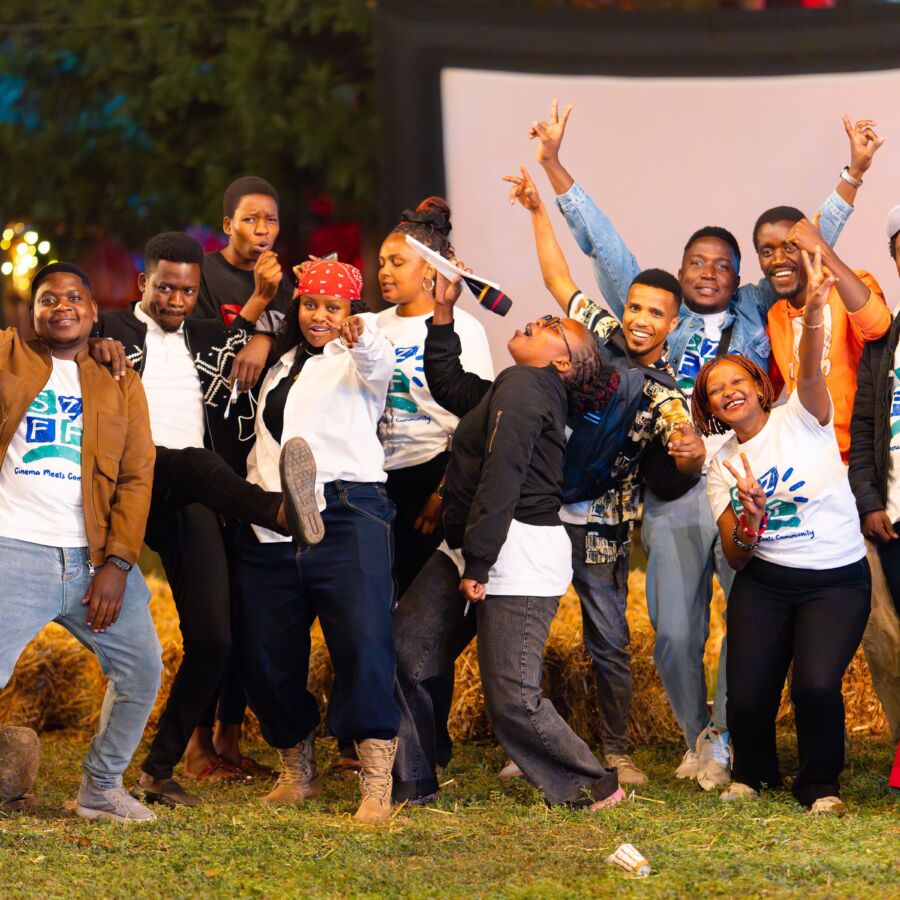
Since 2007, we’ve supported 381 human rights film festivals worldwide, particularly in countries in Africa, Asia, Latin America, Eastern Europe and the MENA region, through our grant programme. In this new series, we share their top tips, drawn from years of experience and local expertise. Every other month, we’ll explore a new theme, from planning and programming to promotion and beyond. Of course, every context differs, but these are the lessons our community of experts found most valuable, and we hope you’ll find inspiration in them too.
In this first article of our new series, we dive into the foundation of every successful event: your team. From building trust to defining roles and keeping morale high, here’s how to build your festival dream team.
-
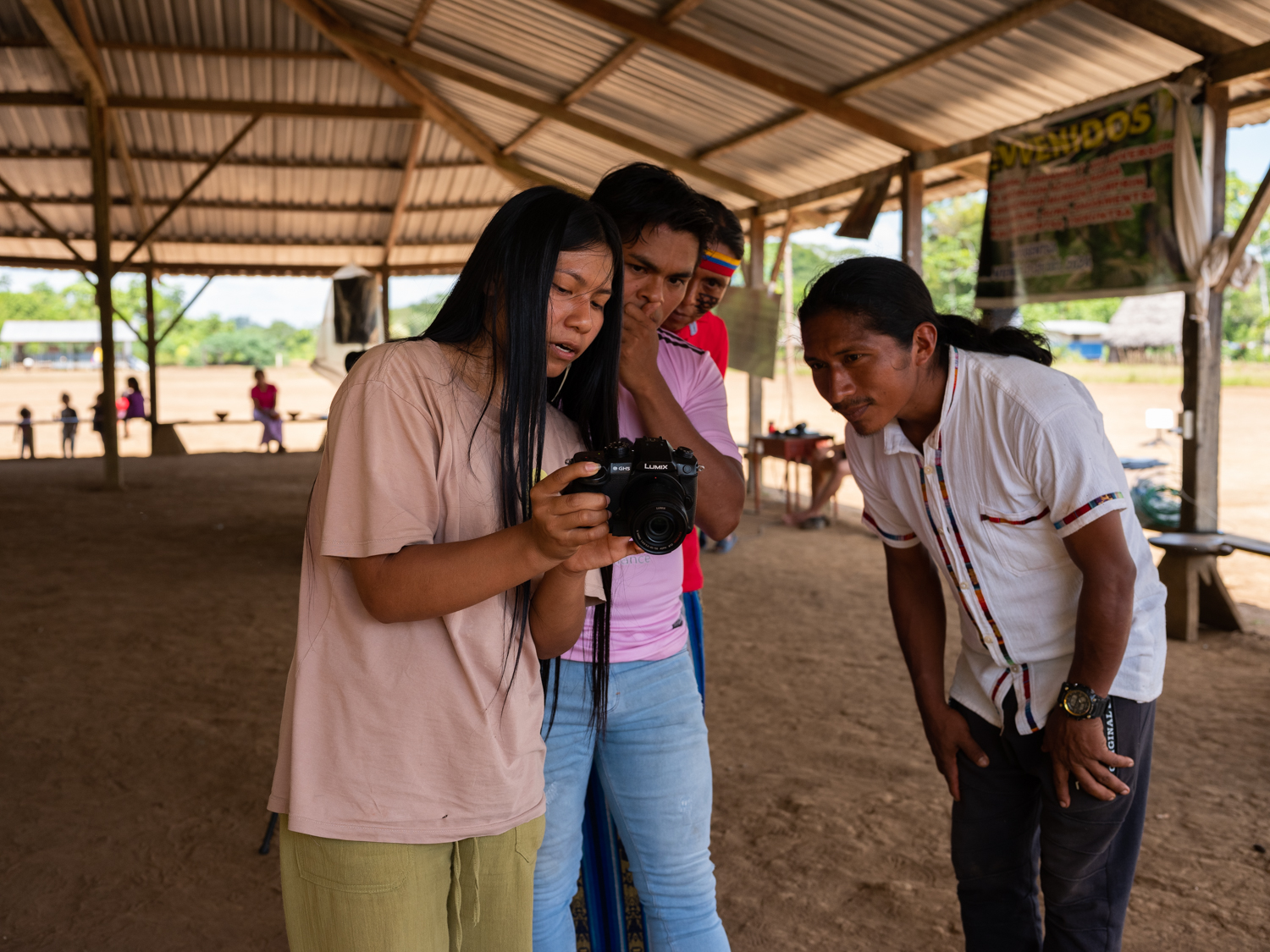
Don’t wait for funding to start forming your team. Several grantees stressed the importance of bringing people together early - even a small, core group. Early involvement allows everyone to contribute ideas, build trust, and mature the festival concept long before opening night.
-
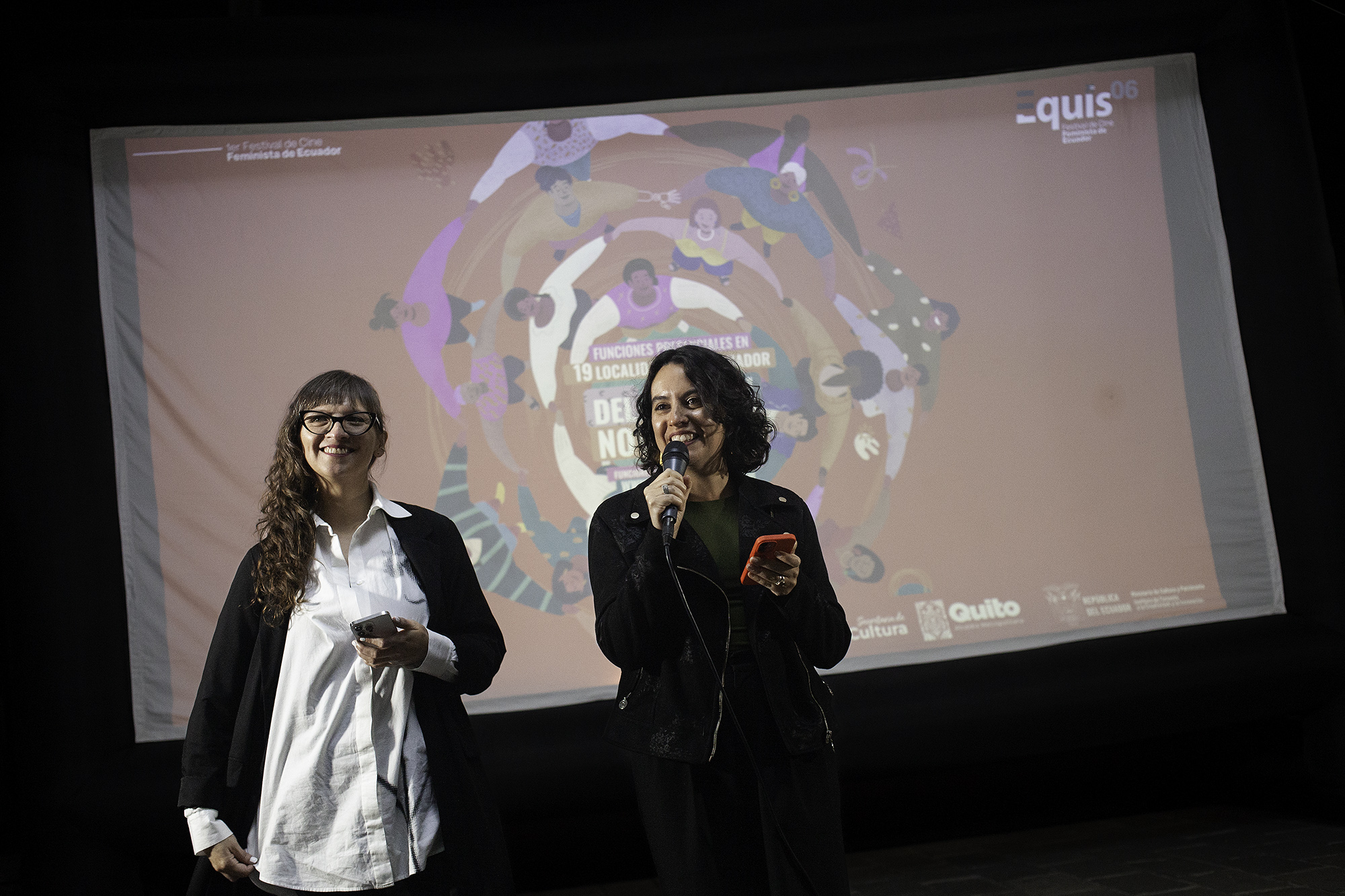
A clear structure prevents confusion later. Define each team member’s role, responsibilities, and how their skills align with the project’s needs. Written job descriptions and realistic timelines, ideally planned nearly a year in advance, keep everyone accountable and coordinated.
-
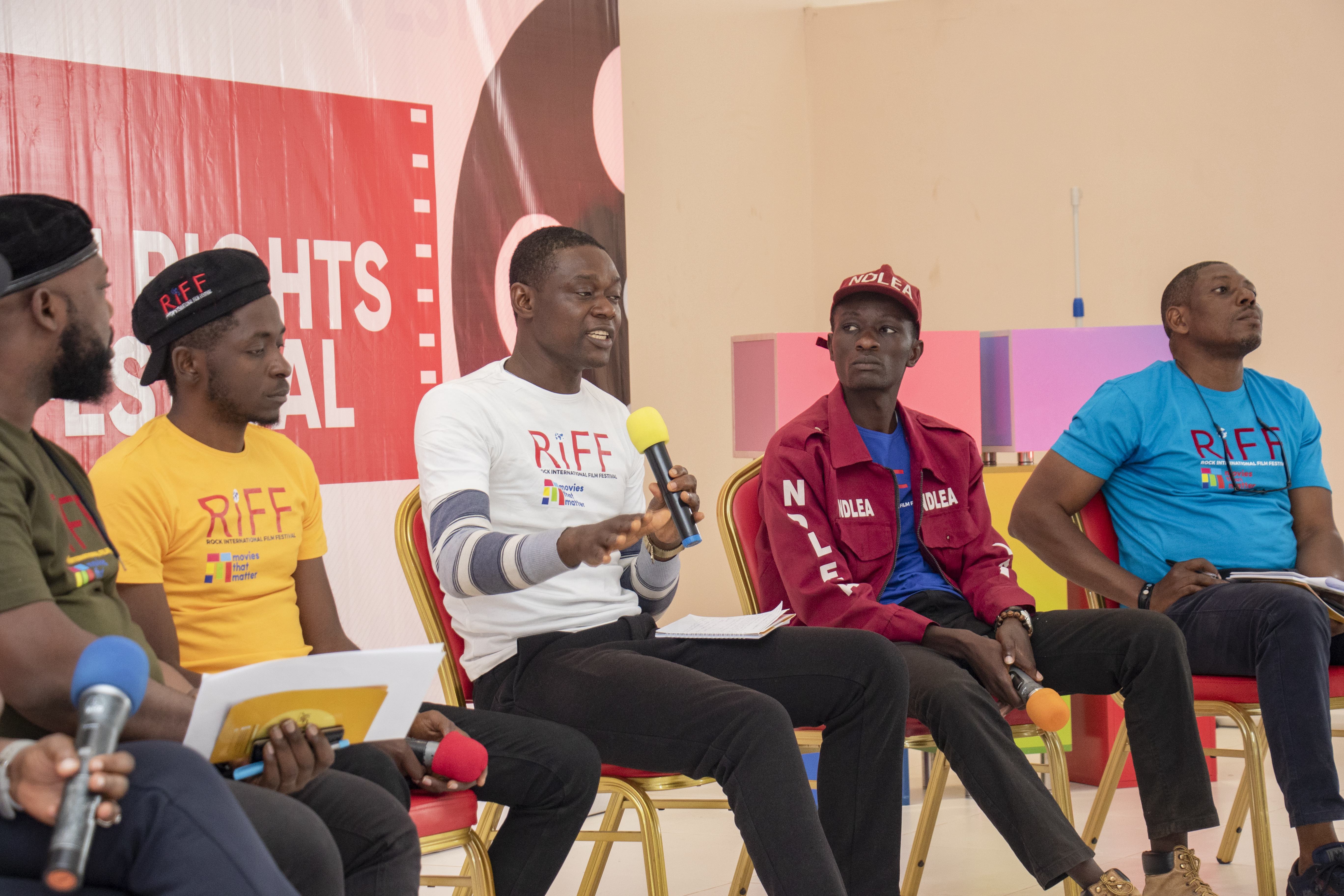
Certain roles make all the difference. Grantees recommend appointing an exclusive volunteer coordinator to manage logistics and a permanent programming assistant (beyond your curators) to handle film authorisations and communications before, during, and after the festival.
-
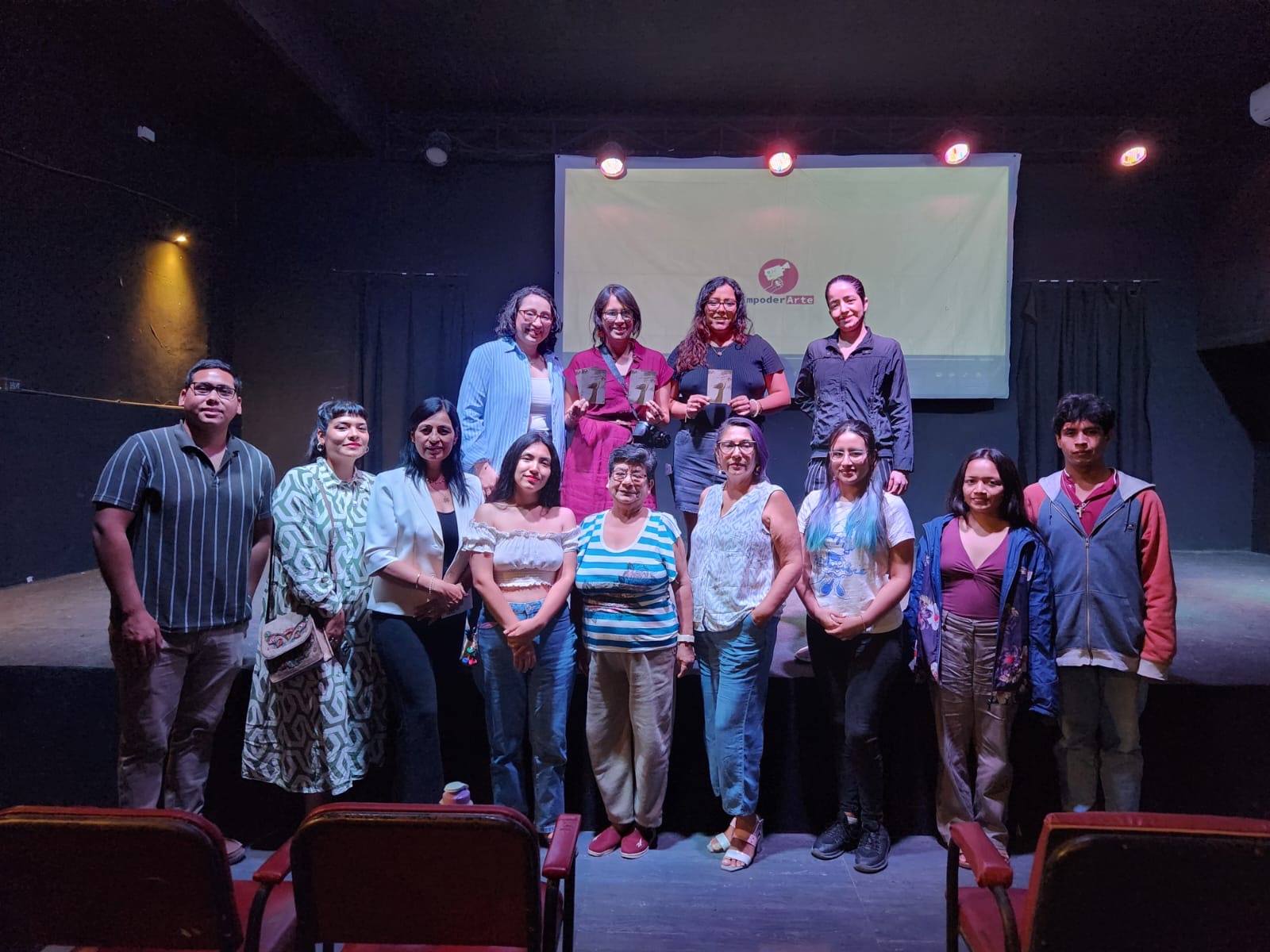
Match the team’s capacity to the festival’s goals but also leave room for growth. Bringing in young filmmakers or emerging programmers can infuse your lineup with new energy and connect you to younger audiences.
-

Delegation only works when trust exists, and trust takes time. Surround yourself with reliable, committed people who believe in the festival’s mission. When your team is united by shared values and purpose, collaboration flows naturally, and creativity thrives. Strive for an environment of trust, creativity, and mutual support where everyone feels their contribution matters. The quality and sustainability of your festival depend on how well your team cooperates and grows together.
-
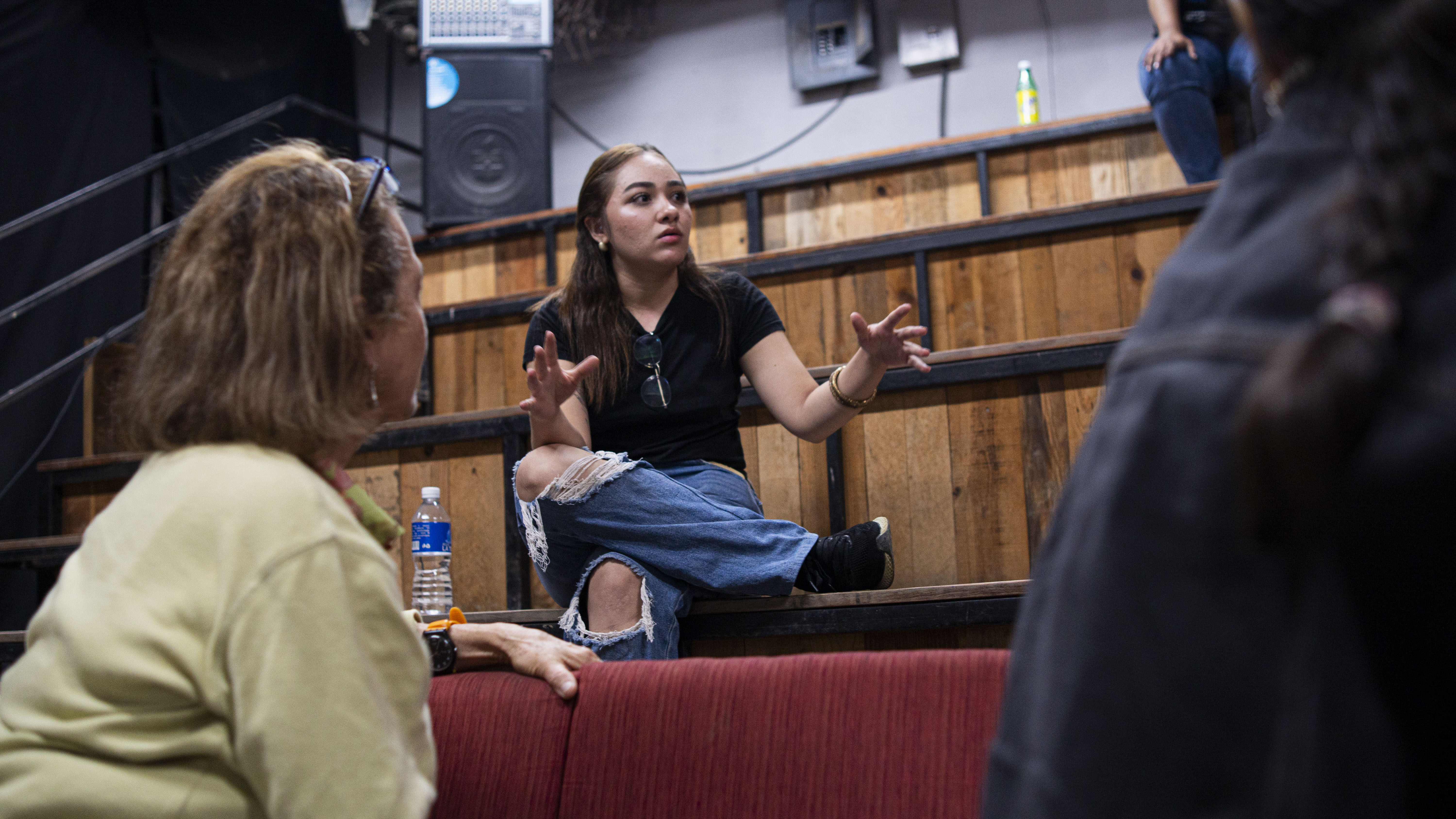
A healthy atmosphere depends on open, consistent communication. Actively listen, discuss challenges honestly, and look for common solutions. Overcommunication might feel repetitive, but it saves emotional energy and avoids misunderstandings when stress peaks during the festival.
-
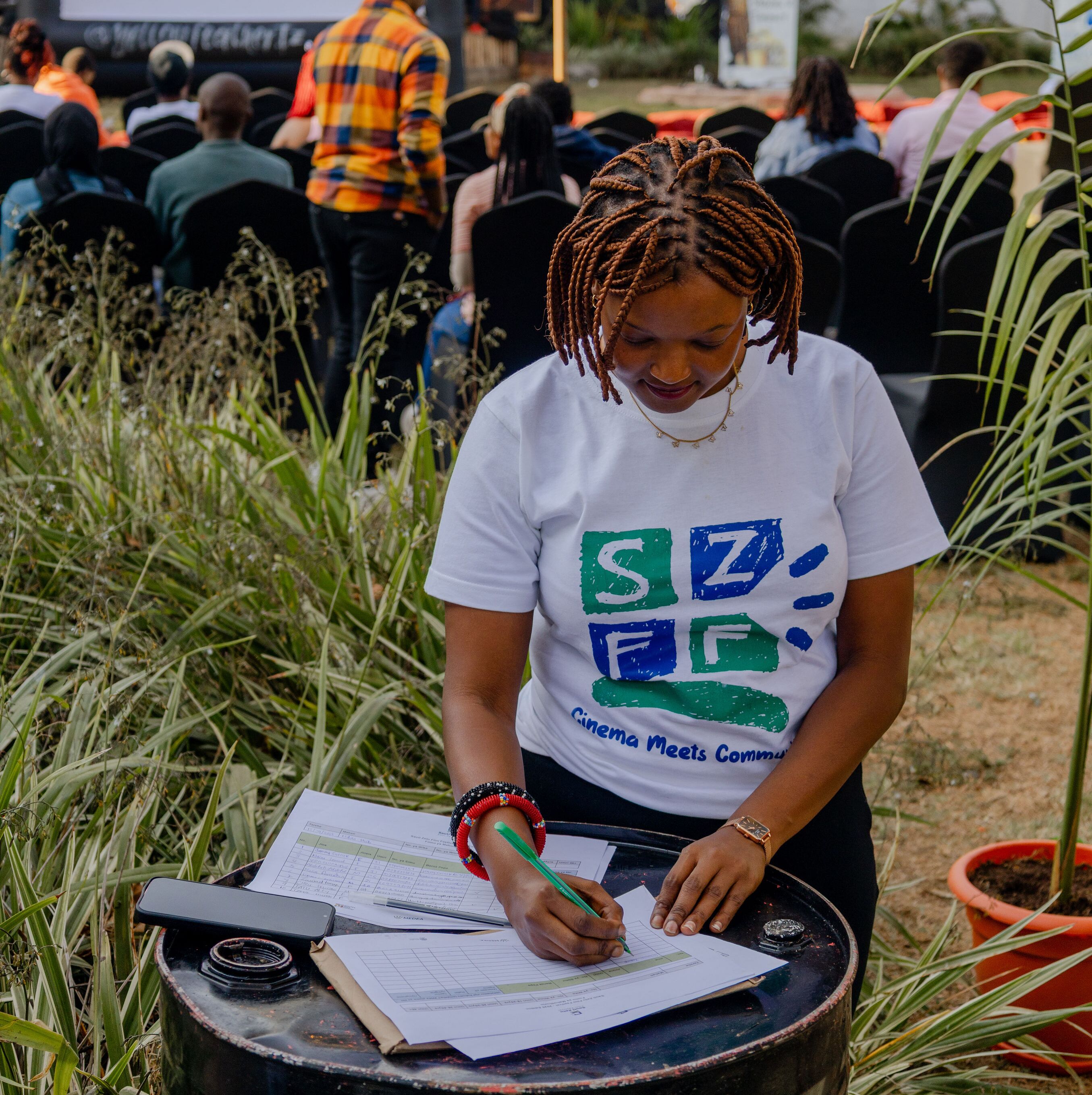
Be curious about how other festivals and projects operate - what works, what doesn’t, and why. Listening carefully and learning from others’ experiences helps you avoid pitfalls and continuously improve your own event.
